INTELLECTUAL OUTPUTS
- A methodological concept of recreating history through 3D, Game Design and Virtual Reality was developed and validated. It is based on the integrative approach where exploring cultural heritage is combined with Storytelling techniques and innovative technologies (creation of 3D models using the photogrammetry method and mini game development with Unreal Engine software).
- The developed methodological toolkit comprises numerous components for the teachers’ convenience: lesson plans for 4 thematic topics with detailed activity scenarios, recommendations, useful links and handout materials; slide presentations to be used in the classroom; a suggested scheme of the sequence of lessons; recommendations for a successful implementation of the course. The scope of the produced methodological materials is for a minimum of 40 classroom study and fieldwork hours, but can be easily expanded to more than 100 teaching hours.
- A set of survey tools for the student and teacher target groups for collecting their feedback after the piloting that can be adapted and further used for skill evaluation purposes.
- Research reports from the students’ and the teachers’ feedback surveys that were carried out during the piloting of the methodology.
- 3 cultural heritage objects from Lithuania, Slovenia and Romania represented in students’ projects (Padievaitis hillfort in Lithuania, Idrija Mercury Mine in Slovenia and Baptismal font in Romania).
- All intellectual outputs, including students’ projects, are available on a Moodle-based platform play.gaminu.eu for any interested party.
- According to the feedback of pilot group teachers, lesson materials were completely sufficient for conducting the learning activities. Practical tasks were attractive and interesting for students. They got involved in the activities, only some of them found the Game Design part very demanding.



EFFECT ON THE PARTICIPANTS
- Project team members strengthened managerial, organisational, technical, methodological, subject and English skills.
- 26 teachers and facilitators developed their competences during a 4-day transnational learning activity, where they were introduced to the contents of the produced lesson materials and practiced the integrative approach for the delivery of learning activities.
- 266 target group (the plan was to have at least 150) students developed their competences during the intellectual output piloting activities at 3 partner schools in Lithuania, Romania and Slovenia during the school years 2021/2022 and 2022/2023.
- The student target group, according to the survey data, was actively involved in tasks that stimulate the development of 21st century skills. The majority of the survey respondents indicated that they implemented these tasks to a great extent (evaluated by 4 and 5 in the scale of 1 to 5). TOP 5 activities were: working in a team (63,76%); solving problems (59,38%), looking for answers (59,38%), realization of a creative project (56,25%), and critical thinking (53,13%).
- Based on the teachers’ and students’ feedback, the majority of the participants found the activities well designed, engaging and allowing them to get to know and appreciate the local cultural heritage. On the other hand, work on this project required a lot of time and it was a challenge for the participants to keep developing and improving their creative projects.
- As a recommendation based on this experience, it would be advisable to integrate our project results into the curriculum as an elective subject, like in Slovenia, as an Interdisciplinary Thematic Strand (ITS), offering 105 hours of cross-curricular teaching, allowing the students sufficient time to develop their projects.
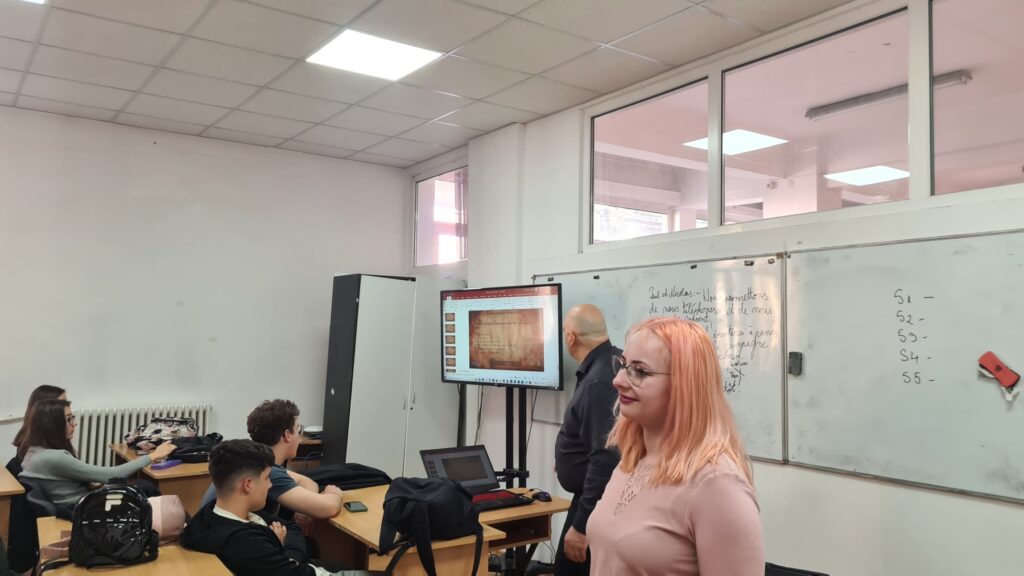


DISSEMINATION
- 20 associated organizations were involved in the project, among them cultural institutions (museums, libraries, archives), education providers (schools, associations), and dissemination partners (municipalities, youth centers).
- European promotion of the project and its results for the teacher audience at the 37th Pan-European Conference on Digital Education attracted more than 2200 total views of the live session and the recording.
- Since the start of the project until May 2023, more than 700 new virtual learners registered on Moodle platform play.gaminu.eu (in the application, it was planned to have 500 new users).
- More than 110 teachers, students, youth workers and administrative staff representatives were involved in multiplier events in 3 partner countries (in the application, it was planned to have 90 participants).
- Project’s website recreate.gaminu.eu was developed for the representation of the project and its outputs to the international audience.
- Project’s dissemination at local, regional, national and international levels included 40 articles/blog posts/news feed posts on the project’s and partner websites, more than 30 social media posts and 2 articles in printed media.
- Project logo was created for the visibility and recognition of project-related information.
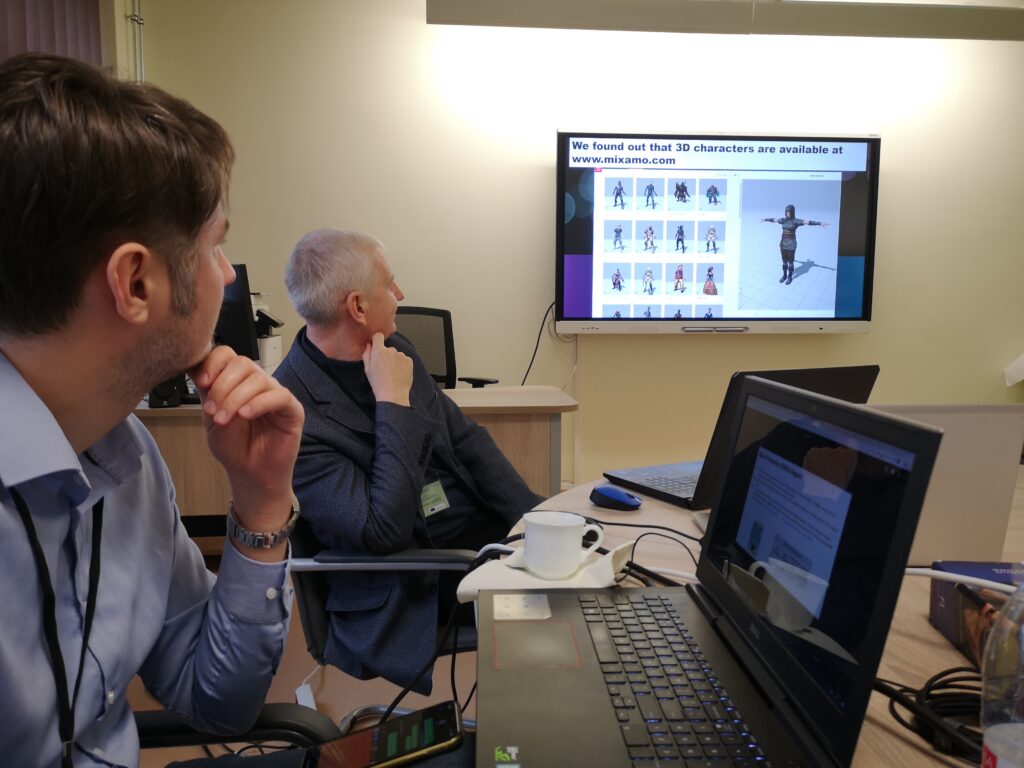
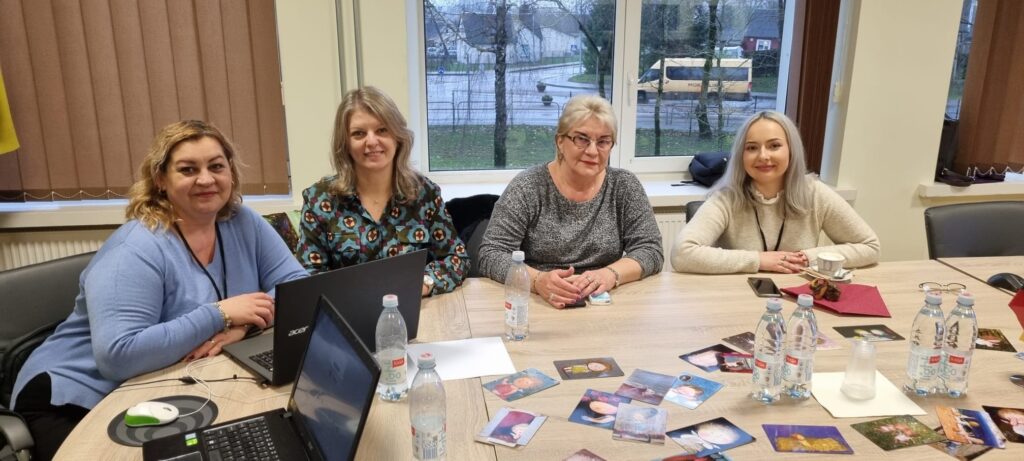
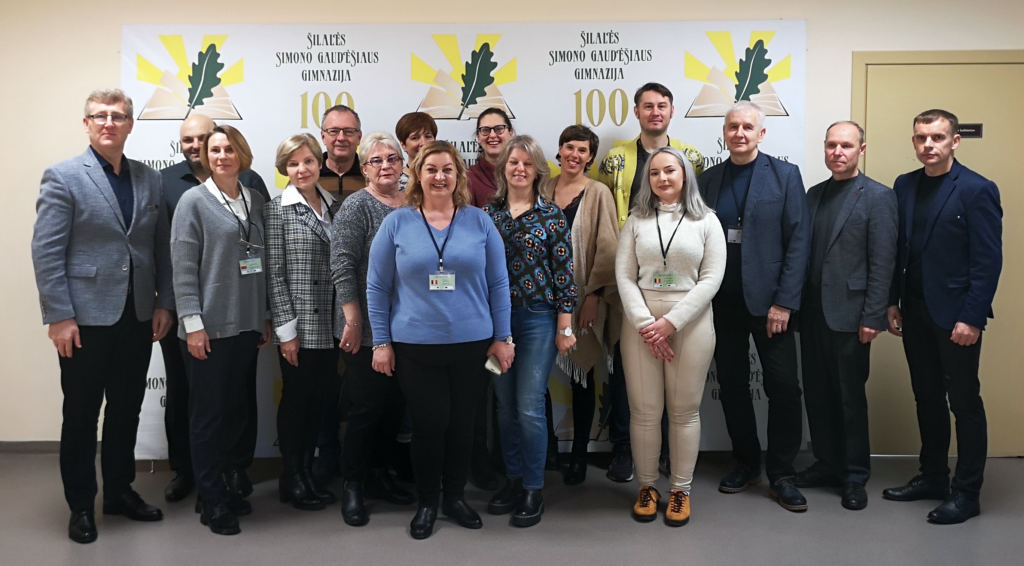
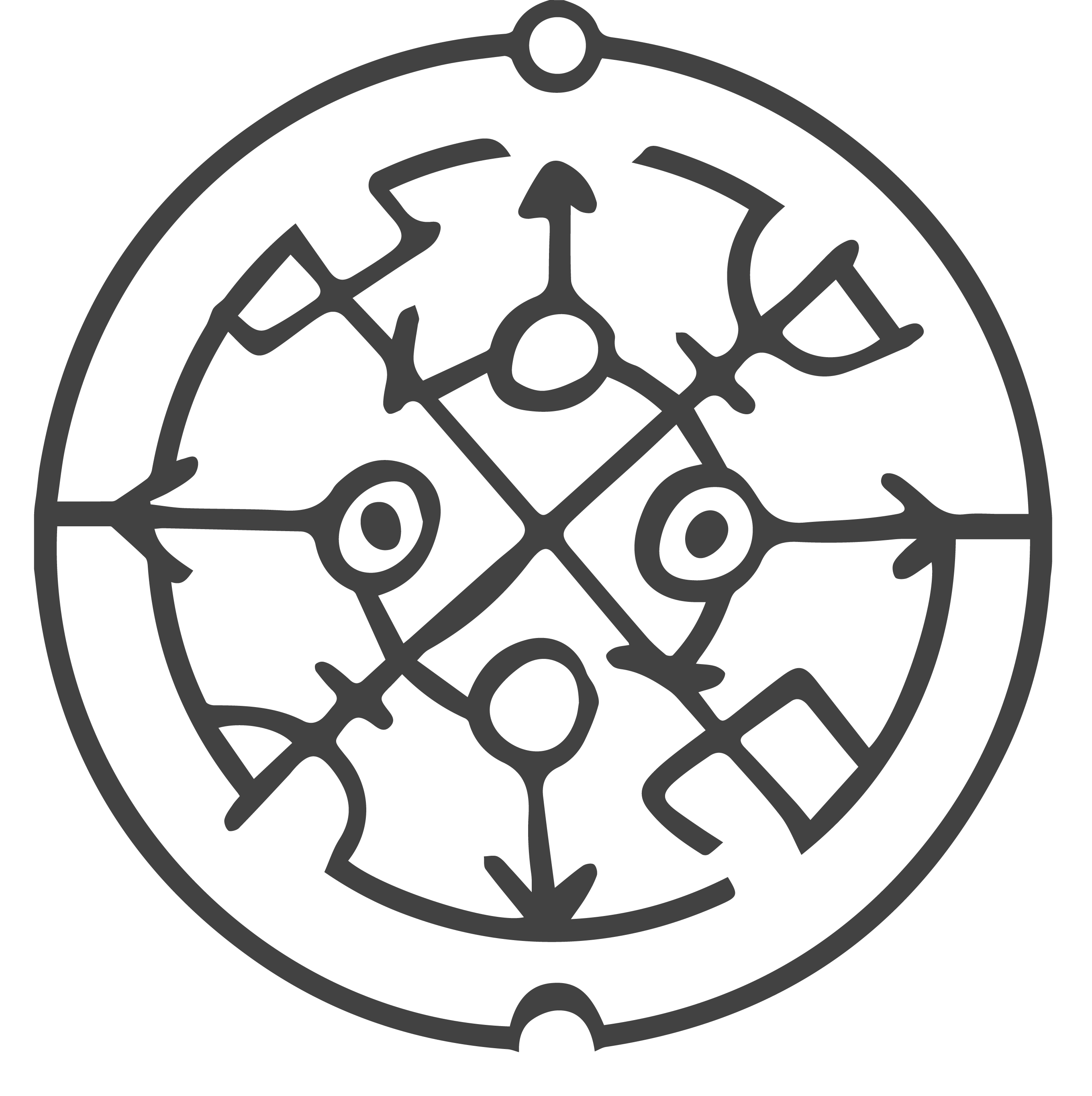
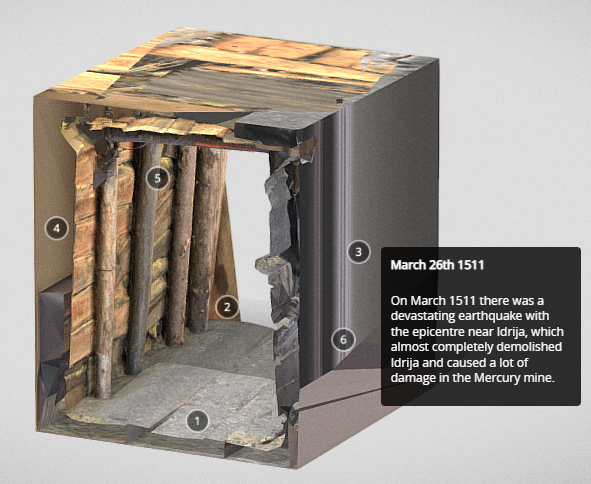
Recent Comments